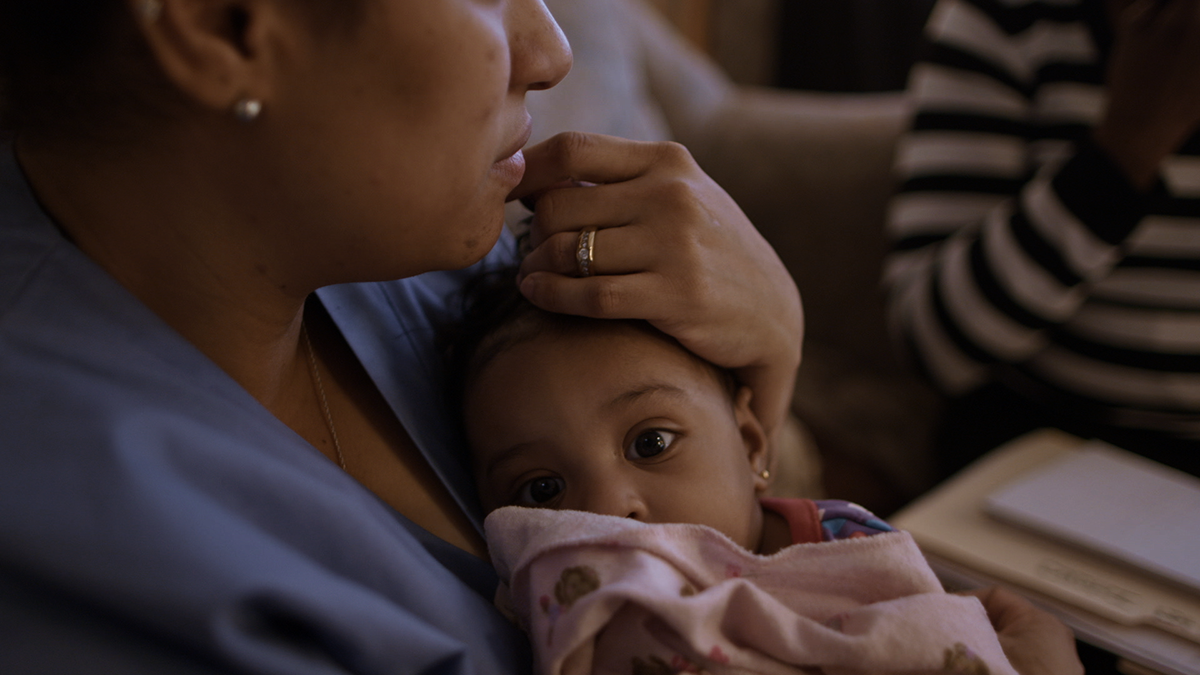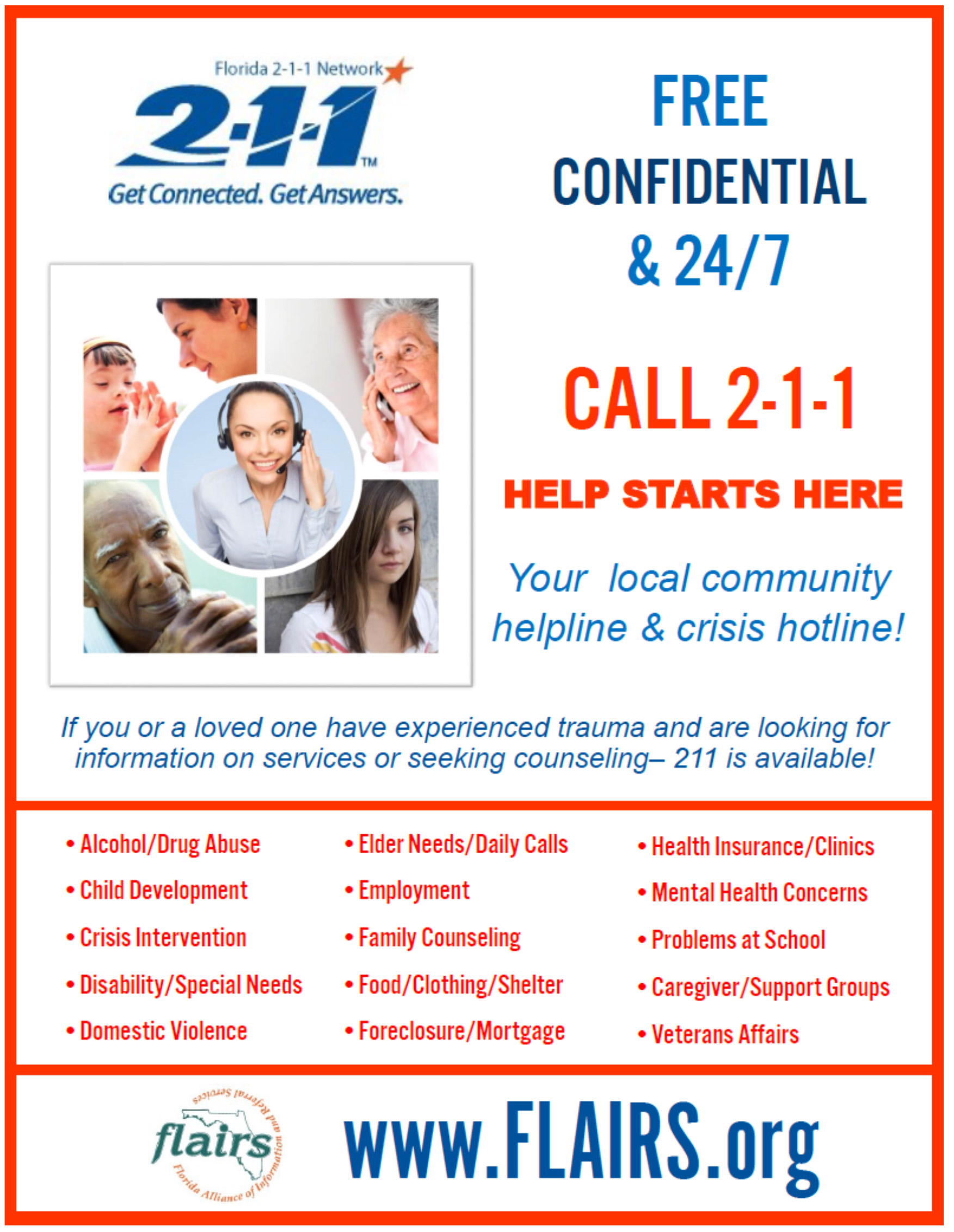
We have compiled this list of resources to help viewers of the film find out more information about childhood toxic stress. Below there is also information on how to seek help in your local area within the State of Florida.
The Film
Resilience: The Biology of Stress & The Science of Hope (documentary)
URL: kpjrfilms.co/resilience
Researchers have recently discovered a dangerous biological syndrome caused by abuse and neglect during childhood. As the new documentary Resilience reveals, toxic stress can trigger hormones that wreak havoc on the brains and bodies of children, putting them at a greater risk for disease, homelessness, prison time, and early death. While the broader impacts of poverty worsen the risk, no segment of society is immune. Resilience, however, also chronicles the dawn of a movement that is determined to fight back. Trailblazers in pediatrics, education, and social welfare are using cutting-edge science and field-tested therapies to protect children from the insidious effects of toxic stress—and the dark legacy of a childhood that no child would choose.
For More Information on Adverse Childhood Experiences and Toxic Stress
- CDC Adverse Childhood Experiences
- Substance Abuse and Mental Health Services Administration Adverse Childhood Experiences
- Harvard Center on the Developing Child - A Guide to Toxic Stress
- Administration for Children and Families - Early Childhood Adversity
- OJJDP Journal of Juvenile Justice
- Florida Department of Health - Florida Life Course Indicator Report
- Center for Prevention and Early Intervention Policy - Trauma and Toxic Stress
- ACEs Connection
- TED Talk: How childhood trauma affects health across a lifetime
Report Abuse
The Florida Abuse Hotline accepts reports 24 hours a day and 7 days a week of known or suspected child abuse, neglect, or abandonment and reports of known or suspected abuse, neglect, or exploitation of a vulnerable adult. To make a report, you can:
CALL: 1-800-96-ABUSE (1-800-962-2873)
REPORT ONLINE: https://reportabuse.dcf.state.fl.us
FLORIDA RELAY: 7-1-1 or TTY 800-955-8771
FAX: 1-800-914-0004
Personal information of the individual reporting abuse will always remain confidential. If you suspect or know of a child or vulnerable adult in immediate danger, call 911.
Want to know more about identifying and reporting child abuse and neglect? Access the free web-based training.
Adverse Childhood Experiences and Toxic Stress Prevention Resources
ACEs Connection
URL: www.acesconnection.com
ACEs Connection is a social network that supports communities to accelerate the global ACEs science movement, recognizes the impact of adverse childhood experiences (ACEs) in shaping adult behavior and health, and promotes trauma-informed and resilience-building practices and policies in all communities and institutions -- from schools to prisons to hospitals and churches -- to help heal and develop resilience instead of traumatizing already traumatized people.
Center for Disease Control (CDC) Kaiser ACE Study
URL: www.cdc.gov/violenceprevention/childabuseandneglect/acestudy/about.html
The CDC-Kaiser Permanente Adverse Childhood Experiences (ACE) Study is one of the largest investigations of childhood abuse and neglect and later-life health and well-being. The original ACE Study was conducted at Kaiser Permanente from 1995 to 1997 with two waves of data collection. Over 17,000 Health Maintenance Organization members from Southern California receiving physical exams completed confidential surveys regarding their childhood experiences and current health status and behaviors. The CDC continues ongoing surveillance of ACEs by assessing the medical status of the study participants via periodic updates of morbidity and mortality data.
Injury Prevention & Control: Division of Violence Prevention (CDC Training)
URL: vetoviolence.cdc.gov/apps/aces-training
Adverse childhood experiences—commonly known as ACEs—affect children and families across all communities. ACEs can impact kids’ health and well-being, and they can have long-term effects on adults’ health and wellness. They can even have consequences that affect entire families, communities, and our whole society. Thankfully, ACEs are preventable. This training will help you understand, recognize, and prevent ACEs. You’ll learn about risk and protective factors, outcomes associated with ACEs, and evidence-based strategies you can use to reduce or eliminate the impact of ACEs and stop them from occurring in the first place.
Florida Department of Health’s Violence and Injury Prevention Program
URL: www.floridahealth.gov/programs-and-services/prevention/injury-prevention
Call 211 to get a Direct Connection with Local Information and Resources

Call 211 from your phone or visit the 211 providers' website at www.flairs.org.
Additional Florida Resources
Peer Support Warmline
Phone: 1-800-945-10355
The CLEAR Warm Line is for individuals with a mental illness who want to talk with someone who shares personal experience coping with mental health issues. When you need someone to listen or need to feel heard, please call. We are here for you without judgment to provide support! Peer Operators are available to take your call from 4:00pm – 10:00pm, 7 days per week.
*To ensure you are getting the help you need, please note that we are NOT a crisis hotline!*
I Save Florida
URL: isavefl.com
Florida has a number of resources for those struggling with substance abuse disorders. Find
Treatment with the local substance use disorder treatment locator. Includes tips on finding quality treatment.
Find out how to access naloxone in your area. Learn how to recognize the warning signs of an overdose. Learn simple steps to save a life. Includes information on using naloxone to reverse an overdose.
Ask a Librarian
URL: askalibrarian.org
Ask a Librarian is administered by the Tampa Bay Library Consortium, and provides Florida residents with virtual reference services through live chat and text messaging from 10 a.m. to midnight Sunday through Thursday (ET), and from 10 a.m. to 5 p.m. Friday and Saturday (ET). Find out more.
